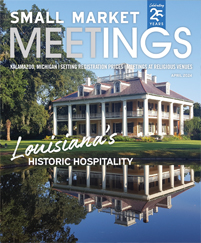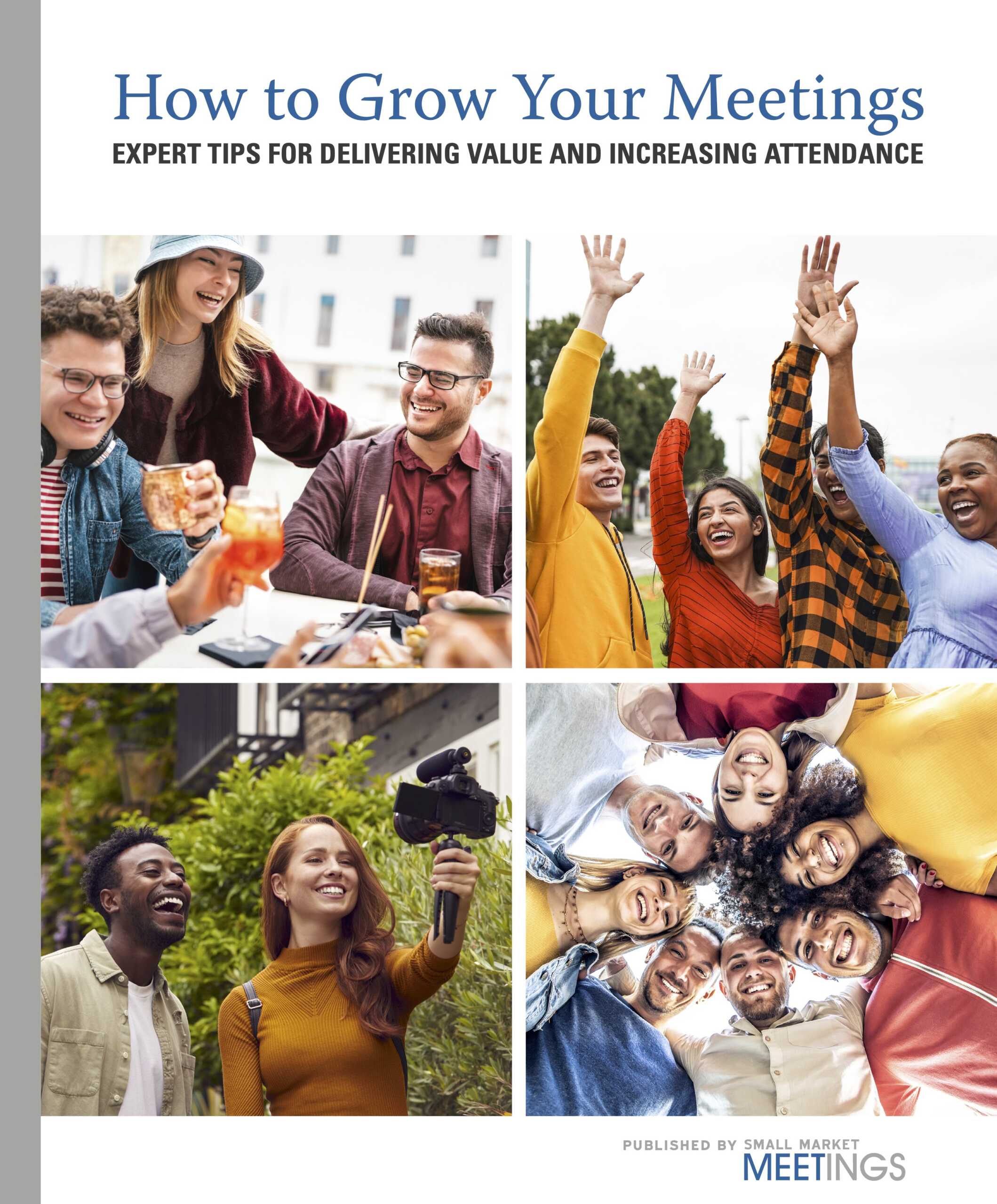Every meeting or conference involves countless moving pieces, which leaves plenty of opportunity for things to go wrong: The caterer didn’t make the right entree; the venue doesn’t have the right AV components; there’s a typo in the sponsor’s description.
But none of those things can ruin an event the way a bad speaker can.
“The worst thing that can happen is people scratch their head and go, ‘What the heck was that?’” said Jeff Blackman, who has been speaking professionally for 32 years. “People shouldn’t be looking at their watches, shouldn’t be waiting for it to end. They should be clamoring for more.”
Conversely, lining up the right speaker can make a conference a hit, inspire members and even generate revenue for companies. A successful event with the right speaker, means “they walk away saying, ‘Wow, that was incredible. I want more of this,’” said Betty Garrett, president and CEO of Garrett Speakers International, based in Texas.
The right speaker adds value to an event and gives attendees “real, actionable items that they can take home with them,” said Sheldon Senek, executive vice president for Eagles Talent, a New Jersey-based speakers bureau.
“We realize the lasting impact that a speaker has will go far beyond any food that an attendee eats,” he said.
Know the Objectives
When looking for speakers, planners must first know and then focus on the event’s objectives and the organization’s goals. Many times, a planner — or someone who has been tasked with organizing an event — doesn’t understand the overarching objective of a meeting or conference.
“The most important thing is really focusing on their organization and their needs,” Senek said. “What are their goals? What are they trying to accomplish? Is it an education session? Is it for a sales group? Is it for team building? Is it for leadership? It really runs the gamut.”
Without first knowing the event’s goals, a planner is lost from the start, Garrett said. If a planner can’t say why an organization is having a meeting, there’s no direction to find the right speaker; it’s like shopping without knowing what you’re looking for, she said.
Know the Budget
Once the objectives are clear, planners can start homing in on the right speaker, and that often begins with the budget.
It’s important to know your budget and be honest about it, Garrett said. Don’t dance around it, and don’t play games.
“Now, if it’s $500, I’m gonna tell you to go rent a neighbor,” she said with a laugh.
For those who have very limited budgets, a little research will go a long way to find someone local, or they can tap into a regional speakers association chapter such as Toastmasters International, Garrett said.
But usually, there’s a speaker for every budget, and bureaus have access to hundreds of speakers with a wide range of fees.
“What’s most important to us, aside from their goals, is the budget,” Senek said.
Knowing the budget allows the bureau to narrow the field of possible speakers and “work with what they have,” he said. If meeting planners are realistic, bureaus can work within the budget to “provide a fantastic fit for their audience,” he said.
Garrett said finding ways to use a speaker outside of a single keynote address also allows planners to get more bang for their buck.
Many speakers will provide written content for a website, a newsletter, email teasers or a magazine column; do an audio or video interview for a website; or participate in a meet-and-greet reception.
Those extras help create a long-term benefit and reinforce the event’s message; it creates “a methodology instead of a single occurrence,” Blackman said.











